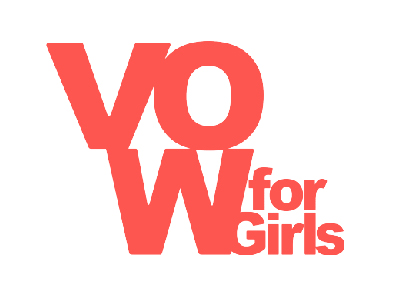Climate Justice Symposium: Experience, Lessons and Implications for Women and Girls
On 16th and 17th May 2024, Action Aid Uganda and its Partners MEMPROW, COTA, PELUM Uganda, Vijana Corps Climate Action Nework- (CAN-U) held a climate justice Symposium titled “From words to Action, Put your money where your mouth is” this symposium emphasized the need to remove barriers that infringe on the climate action discourse.
During the climate justice symposium, the importance of having a gender lens as we respond to the impacts created by climate change was emphasized. “Looking at gender parameters when we are addressing the effects of climate change so that women who are mostly affected are not left out” - Ms Sheila Apiny identified this as not only important but the right thing to do in providing an inclusive climate action response.
As climate change continues to present profound challenges to all, especially for women and girls in developing countries, and most especially in Uganda, women continue to face significant challenges such as limited access to resources such as land, fuel for cooking, water, education, Gender Based Violence among others as a result of climate change. Addressing these challenges requires targeted programs that promote gender equality and empower women as key stakeholders in climate action interventions.
It was noted that many women and girls have been more vulnerable to climate impacts due to their roles in agriculture, water collection, and caretaking. The discussions around recognizing and addressing these vulnerabilities through empowerment programs for women and girls was overly emphasized and considered crucial to improve their own resilience and strengthens their overall capacity to adapt to climate change and mitigate the impacts of climate change on women and girls in our communities.
Implications for Women and Girls
The climate justice symposium emphasize the need for gender-sensitive approaches to climate action and the following were identified:- Enhancing women’s participation in climate change efforts was identified as not only a matter of equity but also essential for effective and sustainable climate solutions.
- Addressing women and girls’ unique needs and harnessing their contributions was considered essential in achieving comprehensive and effective climate solutions.
- Ensuring that women's voices are heard and that their contributions are recognized would was identified as factor that would lead to a more comprehensive and impactful climate action.
- It was noted that women play a central role in communities and households, making them key players in implementing local adaptation and mitigation strategies. Their involvement ensures that climate policies and actions are inclusive and effective.
- There was a strong call to action to all key stakeholders to prioritize educating and sensitizing women and girls about climate change, Agro ecology practices among others as this would enhance their capacity to respond effectively and empowers them to take active roles in their communities. In addition, their participation in climate action and decision-making would ensure that policies address gender-specific impacts and promote gender equality.
Lessons from Climate justice Symposium
Climate change exacerbates existing inequalities. Intersectional approaches that consider gender lenses are essential in crafting equitable climate policies and interventions.Education plays a key role in empowering women and girls to respond to climate change. Knowledge and skills enable them to participate in and lead climate action initiatives.
Economic empowerment and access to resources for women are critical to building resilience.
Recommendation and way forward.
As a recommendation and way forward, Women and girls must be included in decision-making processes at all levels, from local community projects to national policy discussions. Their participation ensures that climate actions are inclusive and effective.Integrating women's voices and perspectives is a matter of justice and an effective climate justice solution. We can develop more sustainable and effective strategies to combat the climate crisis by ensuring that climate policies and initiatives are inclusive and gender-responsive.
Conclusion
In conclusion, there is no climate justices without women inclusion, promoting gender equality in climate action is not only a matter of fairness but also of efficiency and effectiveness in addressing the challenges of climate change.Written by Hope Atim, Advocacy Officer MEMPROW

























